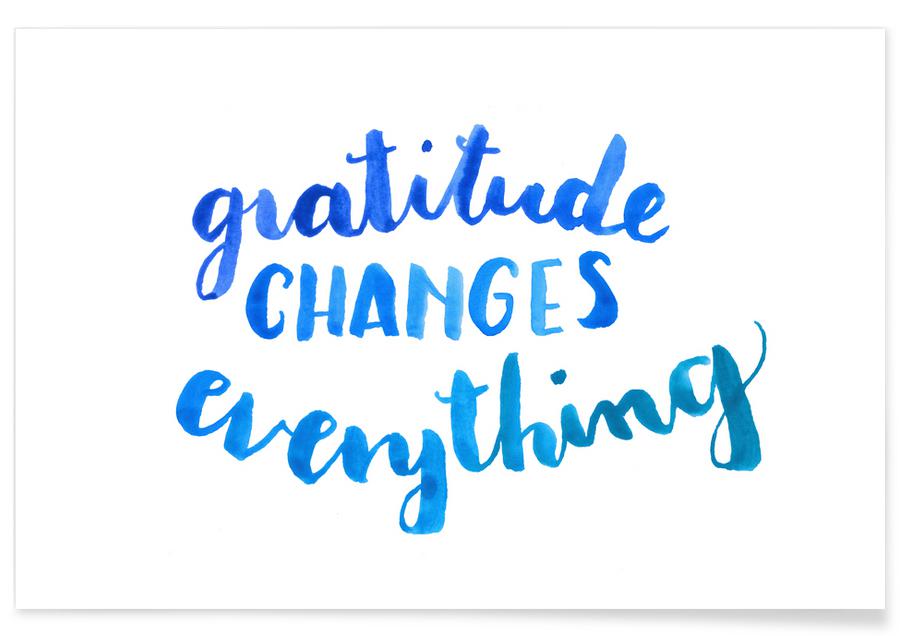Dona Matthews Ph.D.
Feeling grateful makes a merrier Christmas and a happier new year for everyone.
KEY POINTS
- It can be hard to decide what to give your child for Christmas when they have a lot already, especially if you care about the environment.
- The best gifts support your child’s interests, books, craft materials, a globe, music, and shared activities.
- A gift of gratitude can transform their life, helping them be happier, healthier, more resilient, more popular, and more successful in every area
- Start a nightly gratitude routine, give your child a gratitude journal, or ask them for ideas about practicing gratitude.

Source: cottonbro studio/Pexels
Are you having trouble deciding what to give your child for Christmas this year? Maybe they already have too much stuff, and maybe they aren’t that interested in what they do have. A lot of the advertising targeted at children is selling products that will lose their appeal within weeks or even days. Either that or they’re environmentally problematic. We really don’t need more plastic and batteries polluting our earth.
I’ve always liked the simple gifts that help kids find and develop their interests. Craft supplies, music, books, globes, shared activities, and magazine subscriptions. It’s great when a gift recognizes and encourages a special interest your child has or helps them expand their interests and skills. A gift like that is a good place to start, but maybe you want to supplement it with something that will transform their life.
Gratitude vs. Entitlement
If you want your child to be happy and healthy, ask them what they’re grateful for. The same thing applies to adults, too. There’s a large body of research evidence showing that grateful people are more contented than others. They sleep better. They’re healthier, more popular, more resilient, more optimistic, more energetic, and more successful in every realm. They live longer and report a higher level of happiness.
Those who feel entitled are more likely to be bitter, resentful, negative, and disappointed. They think of themselves rather than others and expect others to take care of them and make them happy. If your child shows signs of entitlement, it’s time to think of ways you can actively support an attitude of gratitude. And Christmas is a great time to start doing that.
Gratitude at Bedtime
Maybe you can start a nightly gratitude practice with your child. After all the other bedtime routines have been done and your child is safely tucked into bed, sit down for a few gentle minutes with them and review what that day has brought that makes you both feel grateful. Perhaps you’ve had good healthy food to eat, and you’re also glad you both have warm beds to sleep in. Maybe they did well on a school project and are grateful for the feeling of accomplishment and success. They might have had a happy time playing with a friend after school and are grateful to have a friend and the opportunity to play together. Perhaps you’re feeling better after a bad cold and are grateful for your good health.
article continues after advertisement
A Gratitude Journal
You might also give your child a gratitude journal, a special book where they can write every day one or two experiences, people, or things they’re feeling especially grateful for. You can put a date at the top of each page, day by day through the year, and use the nightly gratitude routine as a time to think about what should go in the book for that day. Maybe you inscribe in the front cover something about how grateful you are to have your child in your life and your hope that they find meaningful sources of gratitude too.
Or you could start a family gratitude journal, leaving it somewhere everyone can look at, where each member of the family records sources of gratitude.
I have lots more ideas, and I’m sure you do, too. For sure, your child will have ideas about how to add gratitude to your lives, ideas that will enrich your family and make this a very merry Christmas and the happiest new year ever.

